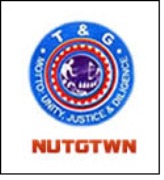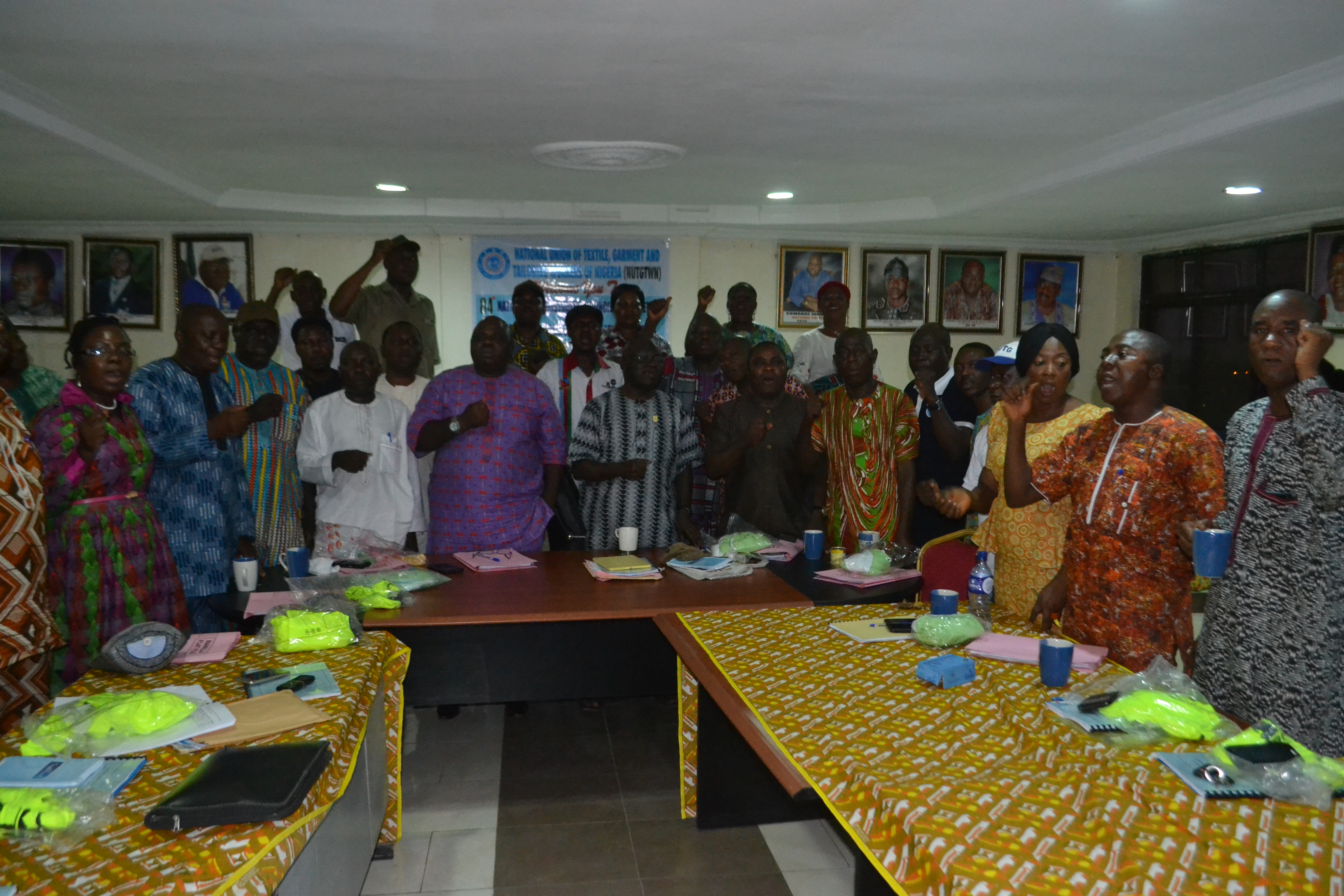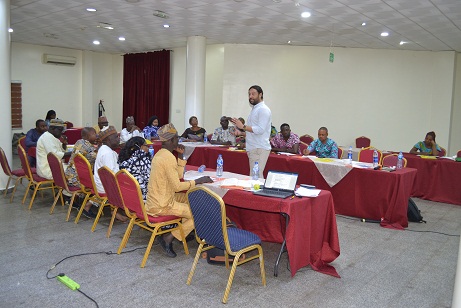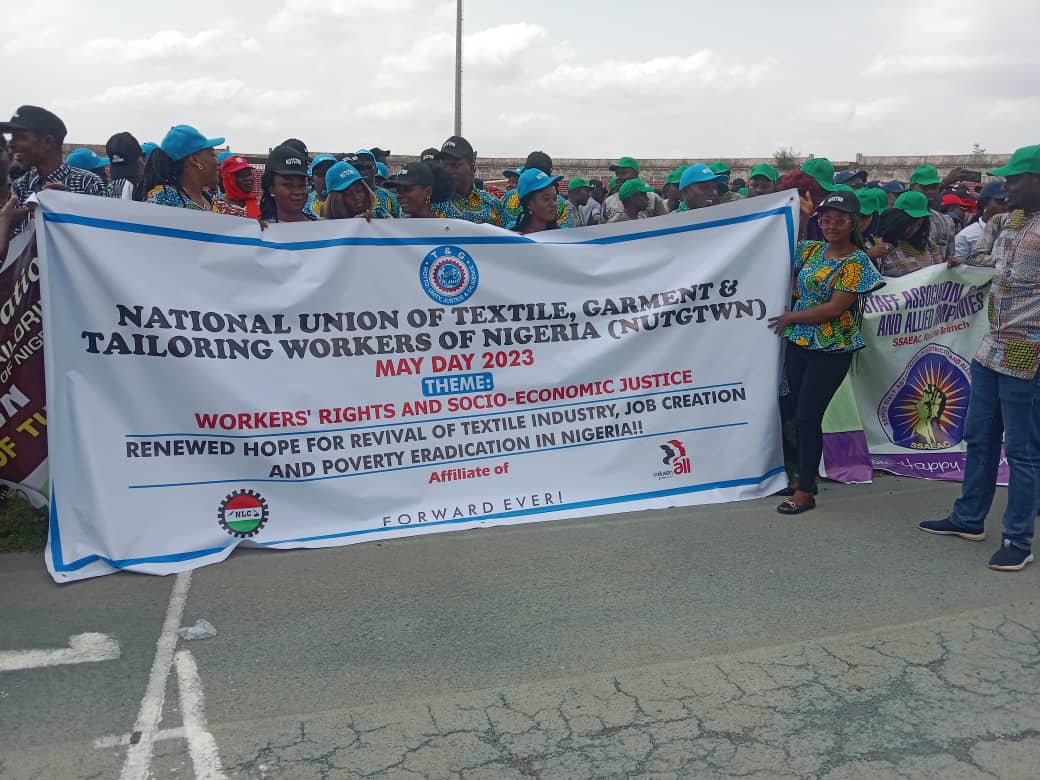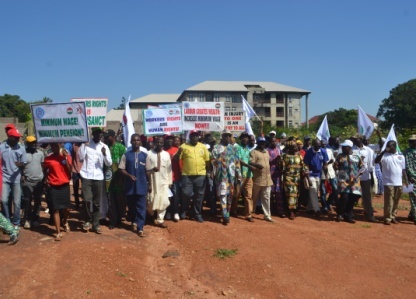
Tomorrow (Tuesday November 6) strike proposed by organized labour over the new minimum wage is still avoidable. But President Muhammadu Buhari must push his good leadership with respect to general crisis of workers’ compensation to good logical conclusion. The point cannot be overstated that President Buhari through inauguration of minimum wage committee and varying support interventions for some wage payment default states has shown positive sensitivity on the plight of Nigerian working people.
The President once asked the private aircraft chattering governors; how on earth do they catch sleep when their workers are not paid monthly stipends needed for survival? As the negotiating committee meets today, the goal should not be another round of figures trading but the need to forward to Mr President the report of negotiation which commendably agreed on negotiated N30,000. The president should in turn further waste no time but forward a draft bill to the National Assembly on the new minimum wage.
It’s being a long walk to a new minimum wage! On Monday November 25th 2017 President Buhari set up a new wage committee. As significant as that inauguration was, it also came late for a five year cycle negotiation due in 2015. The current minimum wage was signed in 2010. Then President Goodluck Jonathan signed the new Minimum wage Act in spite of the usual belated protestation of some governors who having participated in a negotiation process would turn around to deny and even dare to renege on the outcome.
President Buhari should therefore not be distracted by the antics of some governors who have shown that they are never interested in the welfare and socio economic securities of their workers any way. On the contrary the President should be inspired by those governors who like him pay salaries as at when due such as Simon Lalung of Plateau State, Abdullahi Ganduje of Kano State and Obaseki of Edo State among others. The new minimum wage on the eve of national and state election should be a referendum on the performance of all elected leaders and all the ruling political parties. In any case minimum wage determination is on the exclusive legislative list. The President carries the cross than any appointed officials including his Minister Chris Ngige.
he rationale for new minimum wage is simple; The ILO (which Nigeria joined at independence) has passed Convention 131 and Recommendation No. 135 1970 ratified by Nigeria show that:
– National minimum wage fixing should constitute one element in a national policy designed to overcome poverty and to ensure the satisfactions of the needs of workers and their families; and
– That the fundamental purpose of national minimum wage fixing should be to give earner necessary special protection as regards minimum permissible levels of wage.
Similarly, the 1999 Constitution of the Federal Republic of Nigeria advocates for a social order founded on ideals of freedom, equity and justice. Section 17(3a-e) lent its support to the provision of a National Minimum Wage to the citizenry. Since 1981, Nigeria has robust heritage of minimum wage negotiation which South Africa just copied this year. For president Buhari that is committed commendably to poverty alleviation through various social intervention programs new minimum wage should therefore be a total not partial commitment. The primary causes for the current review of the national minimum wage was Federal Government’s response to the agitation by organized labour under the umbrella of the Nigeria Labour Congress (NLC) and the Trade Union Congress of Nigeria (TUC).
The arguments for the current review of national minimum wage were articulated by the organized labour. So far the motivating committee has come a long way in obtaining and carefully examining current data on some key macro-economic indices, which work together to dictate the pace of the economy and the welfare of the citizenry in order to come up with a fair and reasonable national minimum wage of N30000. These include: Gross Domestic Product (GDP); Inflation Rate; External Reserves; the Financial Sector operations; the Capital Market operations; the External Influences; Exchange Rate Movement; Crude Oil Price; State Revenue Sources; Poverty Level; Movement in Household Income and Consumption pattern; Savings and Investment Levels; Trade Performance; Wages of other Groups; National Minimum Wage in other Africa Countries; and International Best Practices.
The Committee, mostly guided as much as possible by scientific approach in its analysis and deliberations, reviewed extensively the advantages and drawbacks of a new national minimum wage and agreed that whatever the arguments for and against a new national minimum wage for Nigeria, anecdotal evidence suggests that the social, economic and business advantages outweighs the disadvantage. The Committee took cognizance of the need to put in place a national minimum wage that must propel growth in terms of GDP; ensure rapid socio-economic transformation of the country, not lead to spiral inflation; be able to alleviate poverty in the economy; ensure macro-economic stability; and consider the absorptive capacity of the economy in terms of revenue generation, spending and ability of the employer to pay
It’s time to implement what is agreed upon which is N30000 so at to avert new round of avoidable national strike. Prompt payment of the existing salaries by states and local governments and urgent minimum wage review in both the private and sectors linked with productivity improvement are the smartest and quickest ways to stimulate the nation’s economy. Nigeria needs wage led economic recovery.
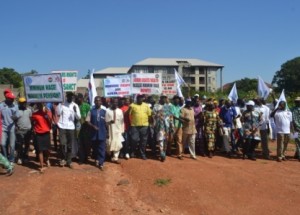
Recent CBN report on the economy and to a large extent the latest report of National Bureau of Statistics observes that weak demand for goods is one factor responsible for low capacity utilization of many private sector companies. So to overcome the economic crisis, workers whose wages buy basic goods and services must not only be paid on time but their wages must be increased.
By Issa Aremu, mni | Published Date Nov 5, 2018

